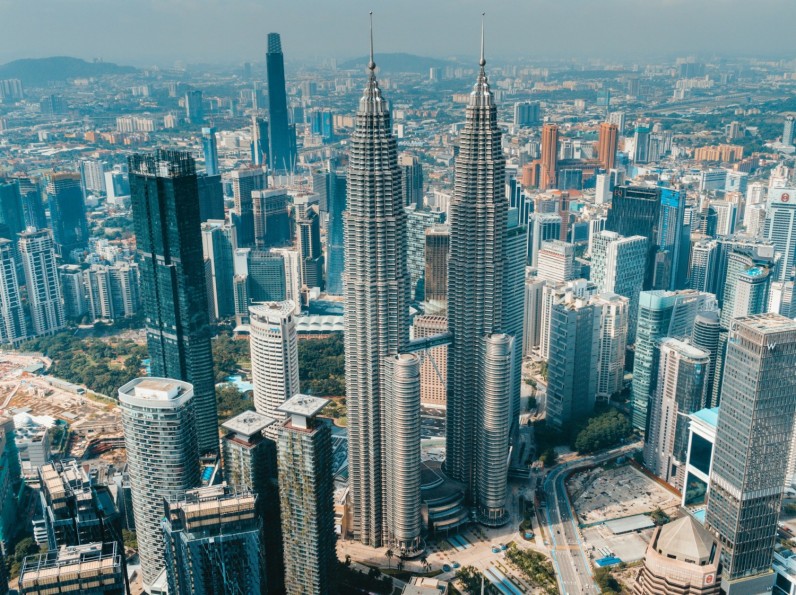
Malaysia has set a target of having Kuala Lumpur rank among the top 20 nations in terms of startup ecosystem by 2030 to make the city a digital powerhouse in Southeast Asia.
On Monday, April 22, the government announced its goal to construct the region's biggest integrated circuit design park. It would provide incentives such as tax rebates, subsidies, and visa exemption costs to entice international technology businesses and investors, according to Reuters.
Prime Minister Anwar Ibrahim Announces Projected Integrated Circuit Design Park
Prime Minister Anwar Ibrahim mentioned the projected integrated circuit design park during the KL20 Summit, a two-day event in which influential investors, government innovators, and startup founders come together to attract high-value investments.
Anwar said Malaysia aims to shift its focus from backend chip manufacturing to high-value front-end design work. Approximately 13% of the world's semiconductor testing and packaging takes place in this nation, making it a big participant in the sector.
He added that the park, which the central Selangor state of Malaysia would support, will have world-class anchor tenants and work with international corporations like British chipmaker Arm Holdings. However, no further details were provided.
Malaysia Unveils New Efforts to Bolster Local Startups
At the KL20 Summit, Anwar also announced new measures to assist Malaysian startups, including establishing a fund to invest in creative, high-growth Malaysian firms. The fund would initially be allocated 1 billion ringgit ($209 million).
Foreign venture capital firms, tech entrepreneurs, and unicorns (startups valued at $1 billion or more) will be eligible for several incentives, according to Malaysia's Minister of Economy Rafizi Ramli. These include subsidized office spaces, exemptions on employment passes, relocation services, and lower corporate tax rates.
"We want to attract global unicorns to enter Malaysia, so that high-skilled and high-value jobs are created," added Rafizi, as reported by Free Malaysia Today.







Join the Conversation